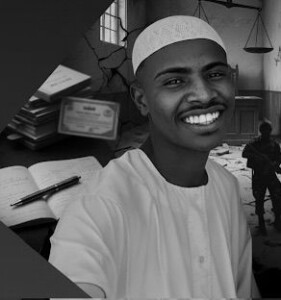Editor: ‘Sudan security to treat all newspapers equally’
Mohamed Widaa, the editor-in-chief of El Baath Party newspaper, said the Charter of Honour signed by Sudan’s newspapers on Thursday represents an opportunity for journalists to uphold the charter and demand that the government to abide by its promise.
 El Baath newspaper (File photo)
El Baath newspaper (File photo)
Mohamed Widaa, the editor-in-chief of El Baath Party newspaper, said the Charter of Honour signed by Sudan’s newspapers on Thursday represents an opportunity for journalists to uphold the charter and demand that the government to abide by its promise.
He acknowledged to Radio Dabanga that his newspaper is partisan press, “but the security apparatus deals in professional and actual terms with all the newspapers in the same way,” and that whatever happens to the partisan newspapers and other independent newspapers also happens to them.
He pointed out in his speech that the charter would be worthless if the government does not abide by the promise not to confiscate newspapers or ban journalists from writing.
He called on the journalists to take advantage of any sign of agreement or concession provided by the government to work to provide the right information, especially as the charter provided for the right of the journalist to obtain information and protect its sources.
He said that the charter is not a law and the government can renounce nor abide by it, but the door to resorting to the court remains open, and that “the security apparatus in the past was the one who decides, but according to the charter, there will be a new mechanism, which will be part of the journalists who will be overseeing violations to issue the rulings”.
Charter
Newspaper editors signed a restrictive media charter at the National Assembly on Thursday. The charter stipulates that no material or news about the Sudanese regular forces is to be published without indication of a spokesman.
A number of editors-in-chief of Sudanese newspapers signed the Charter of Honour at the headquarters of the National Assembly, in the presence of the speaker, the prime minister, the attorney-general and the director of the National Intelligence and Security Service (NISS).











 and then
and then